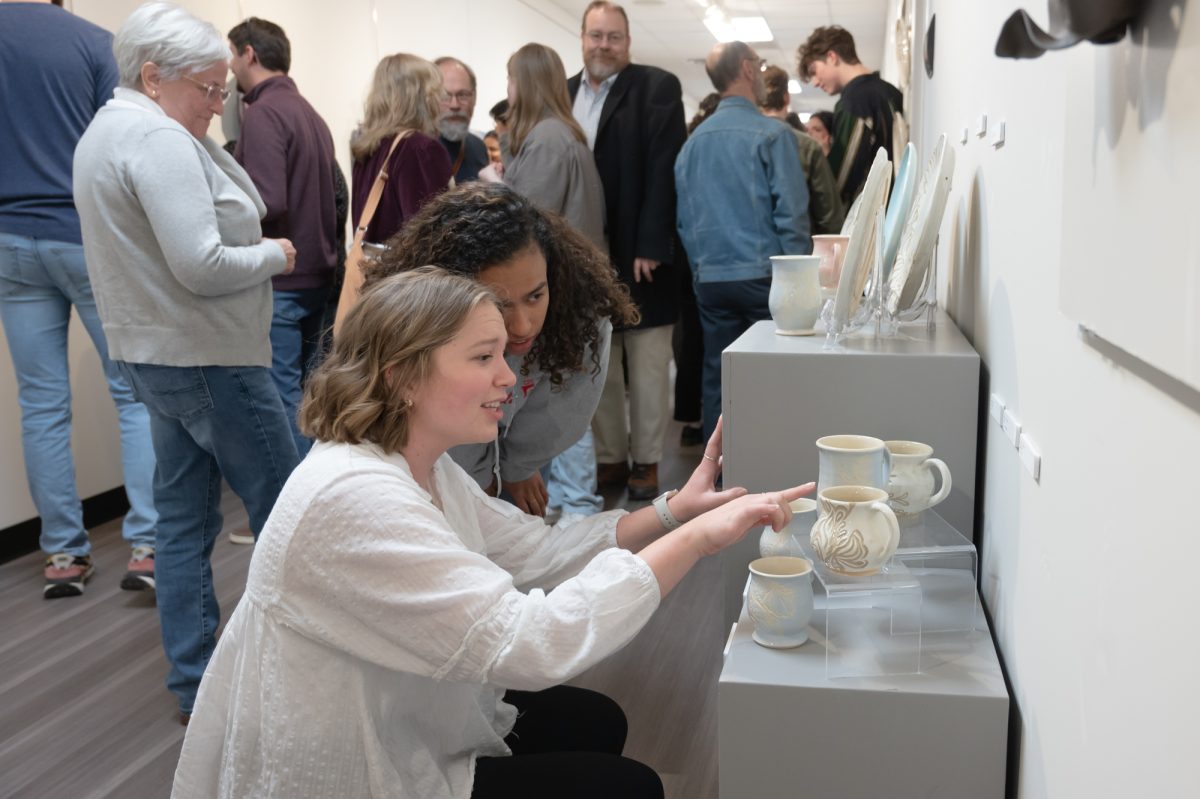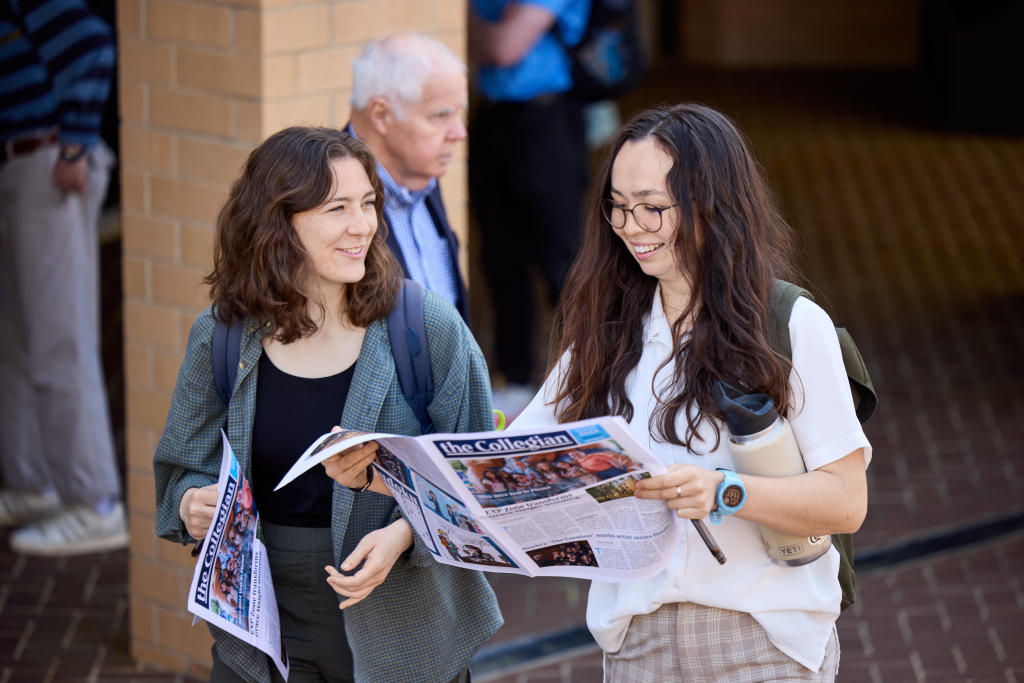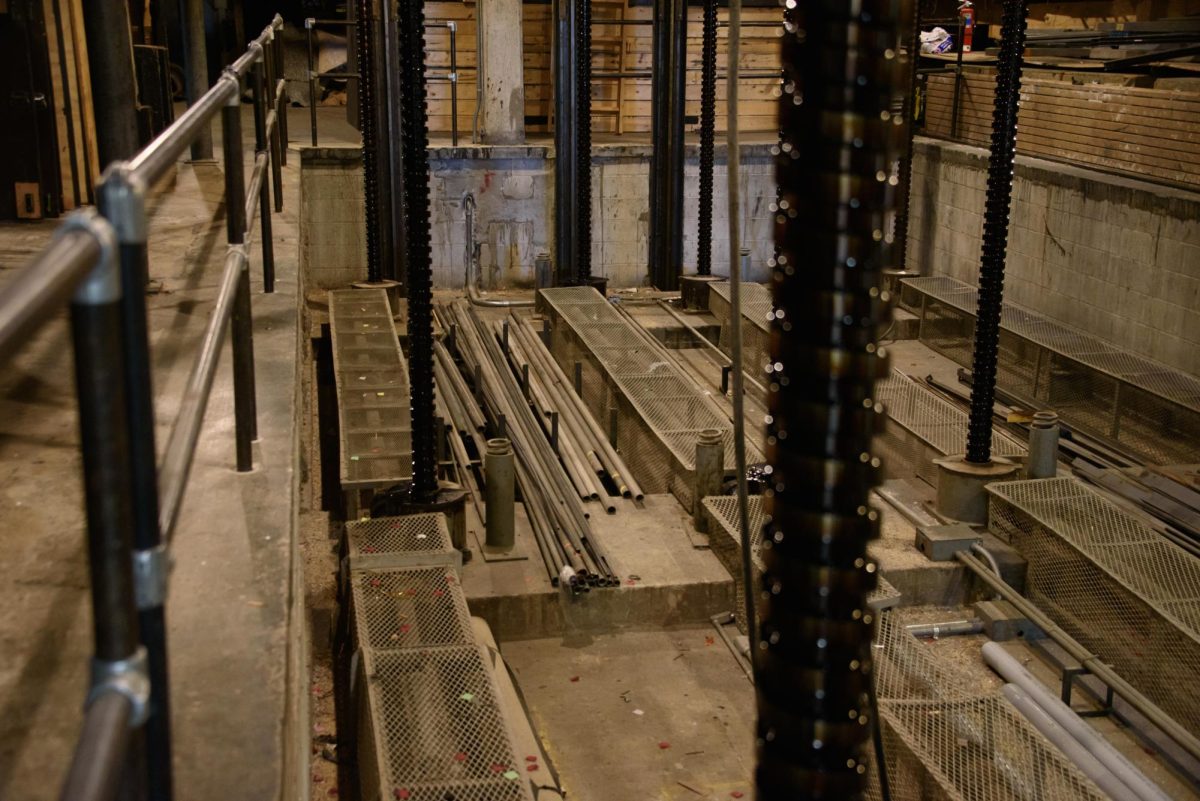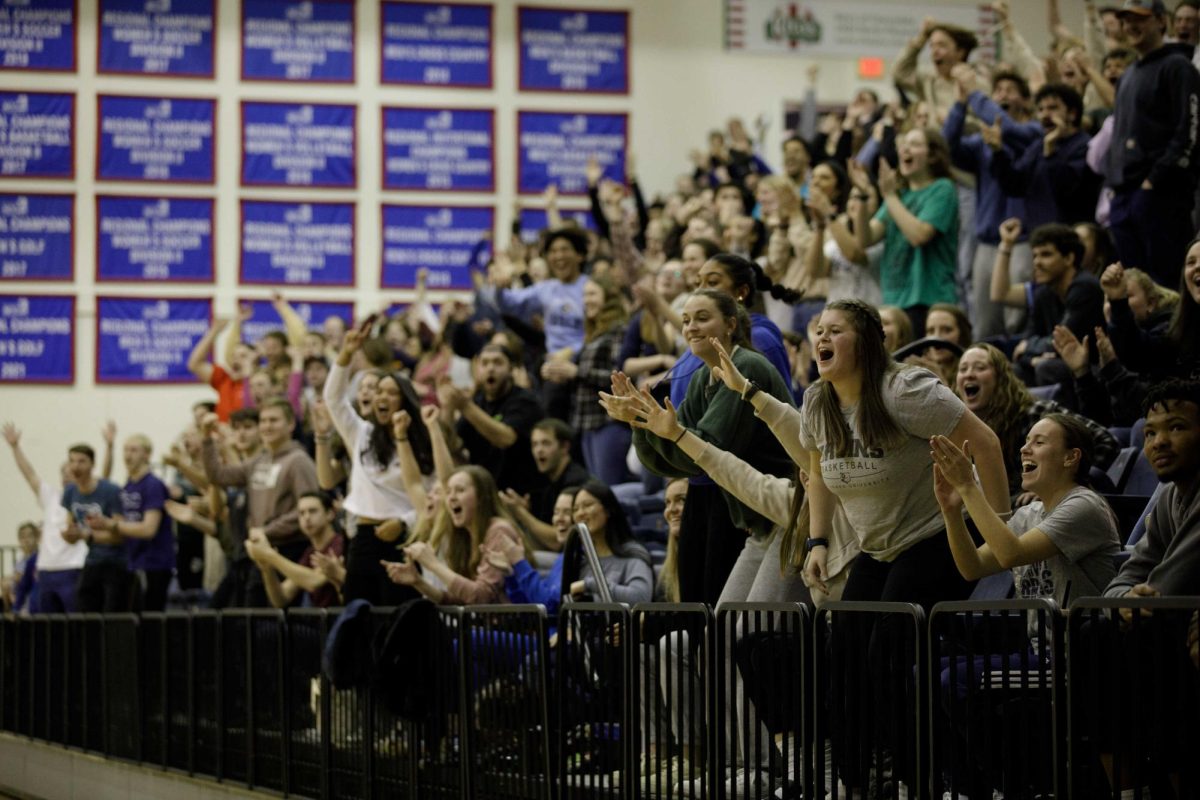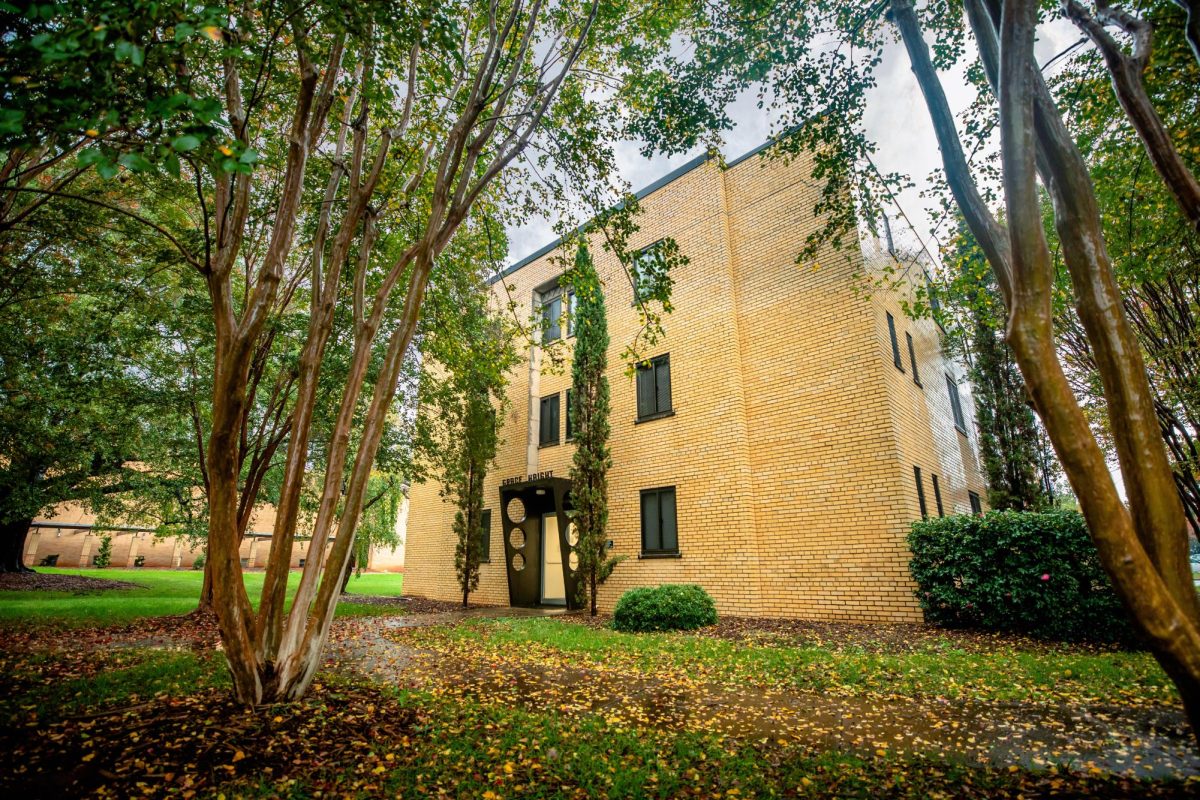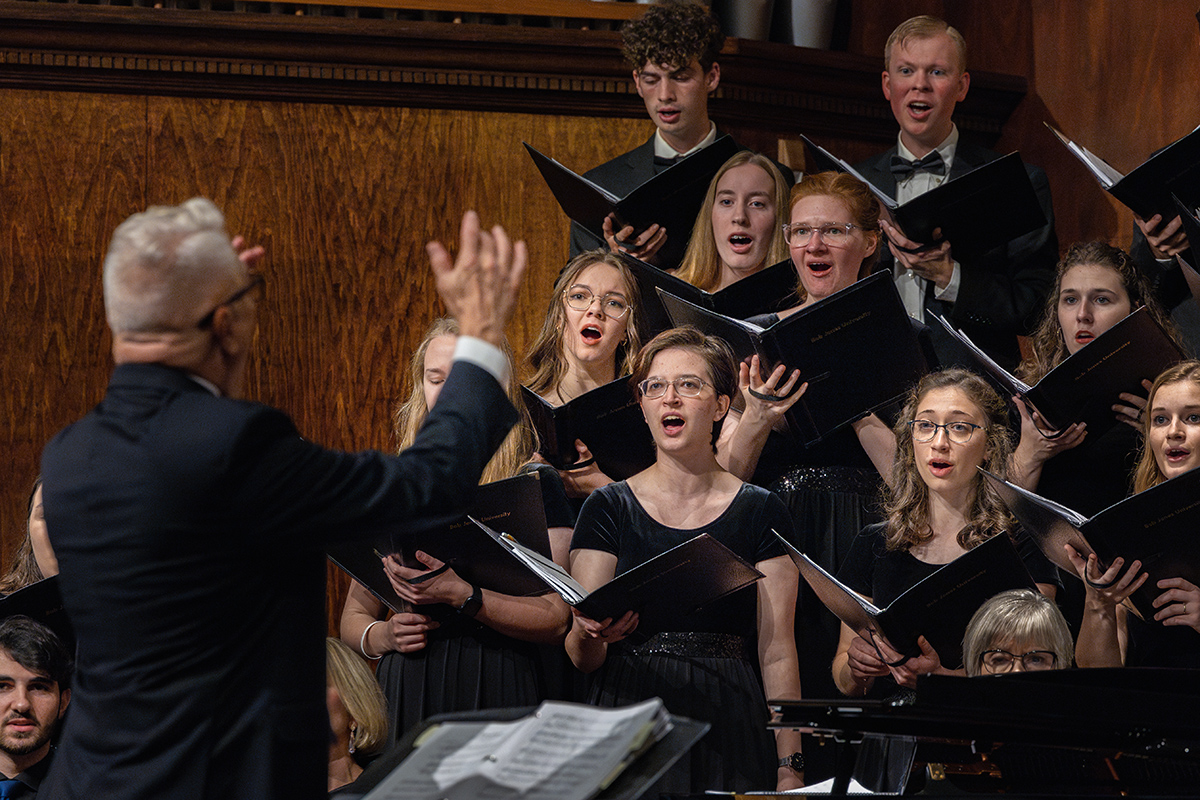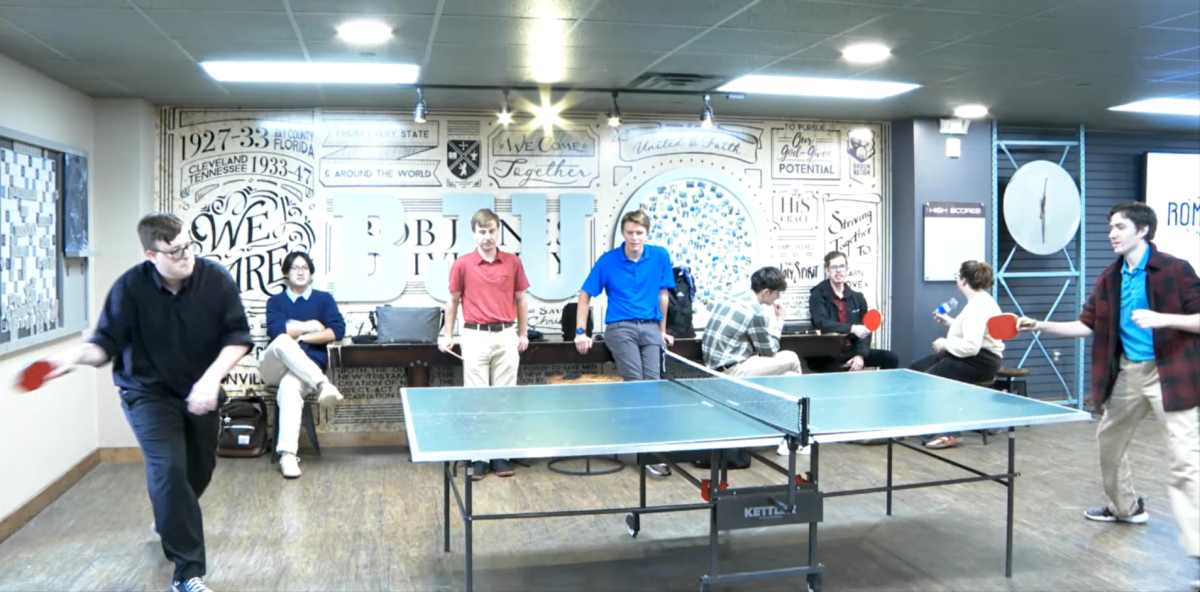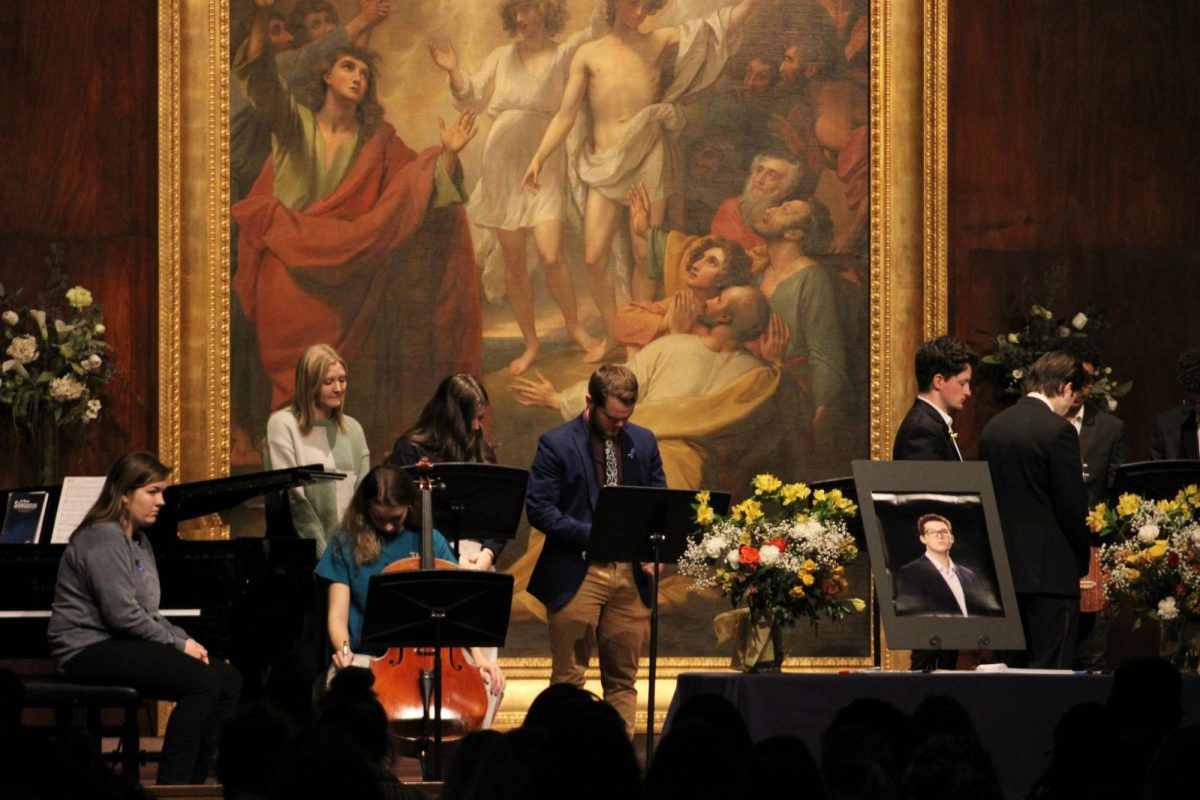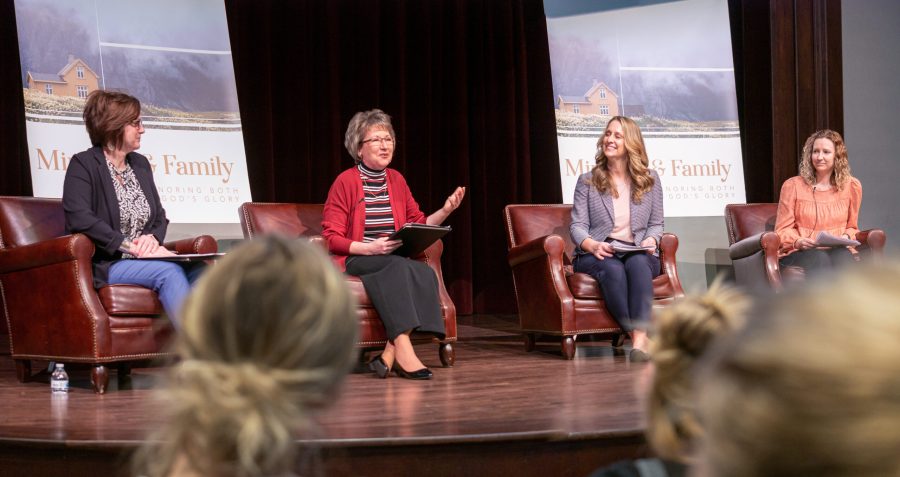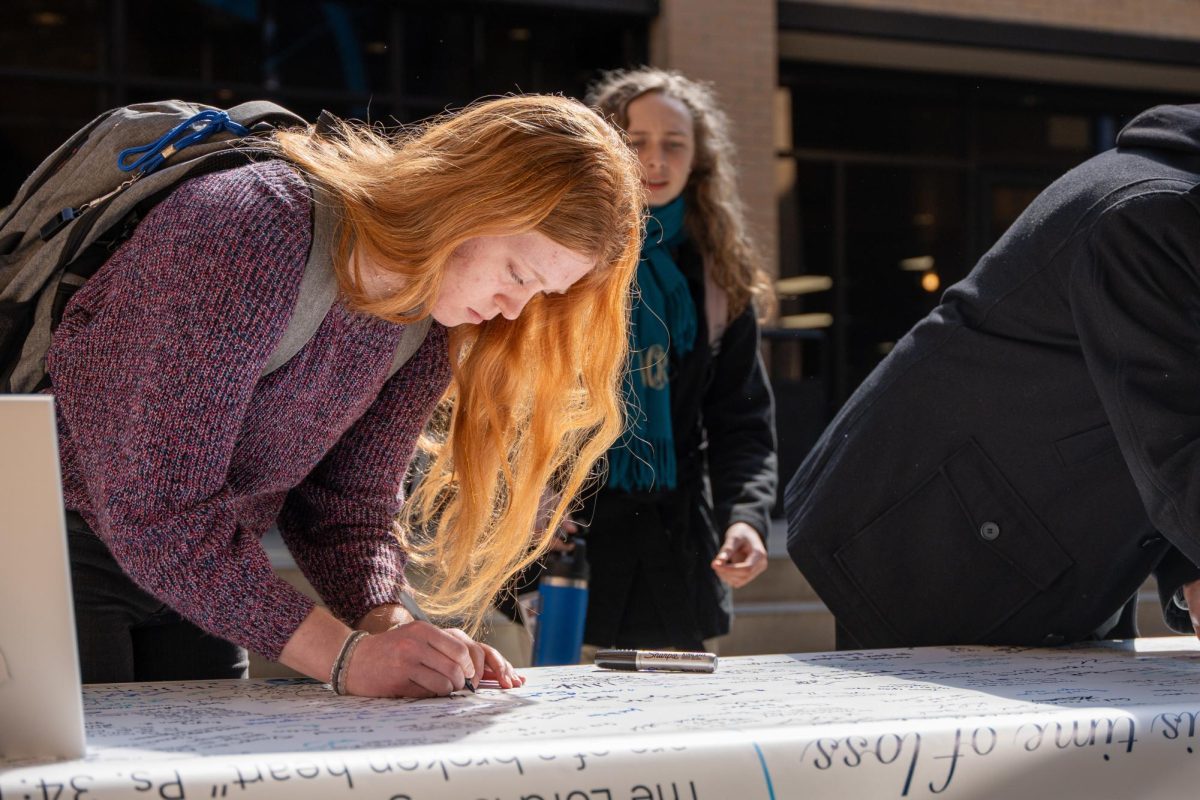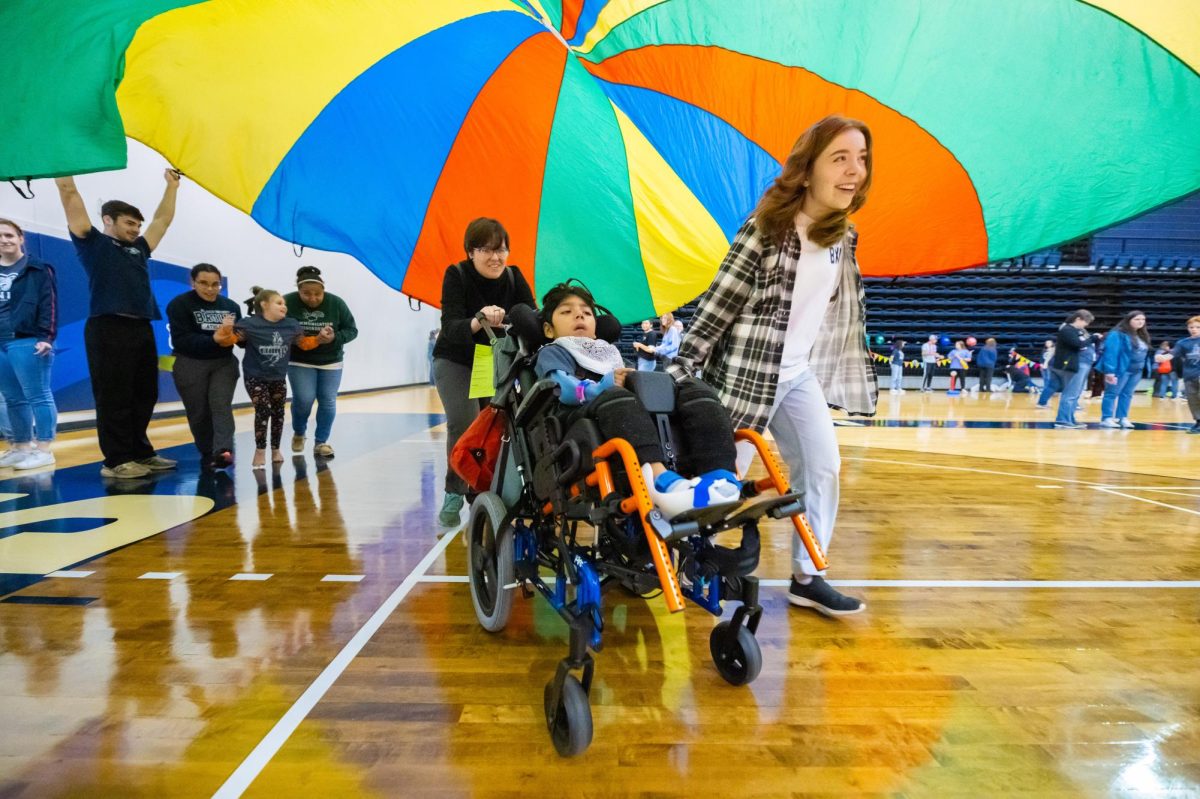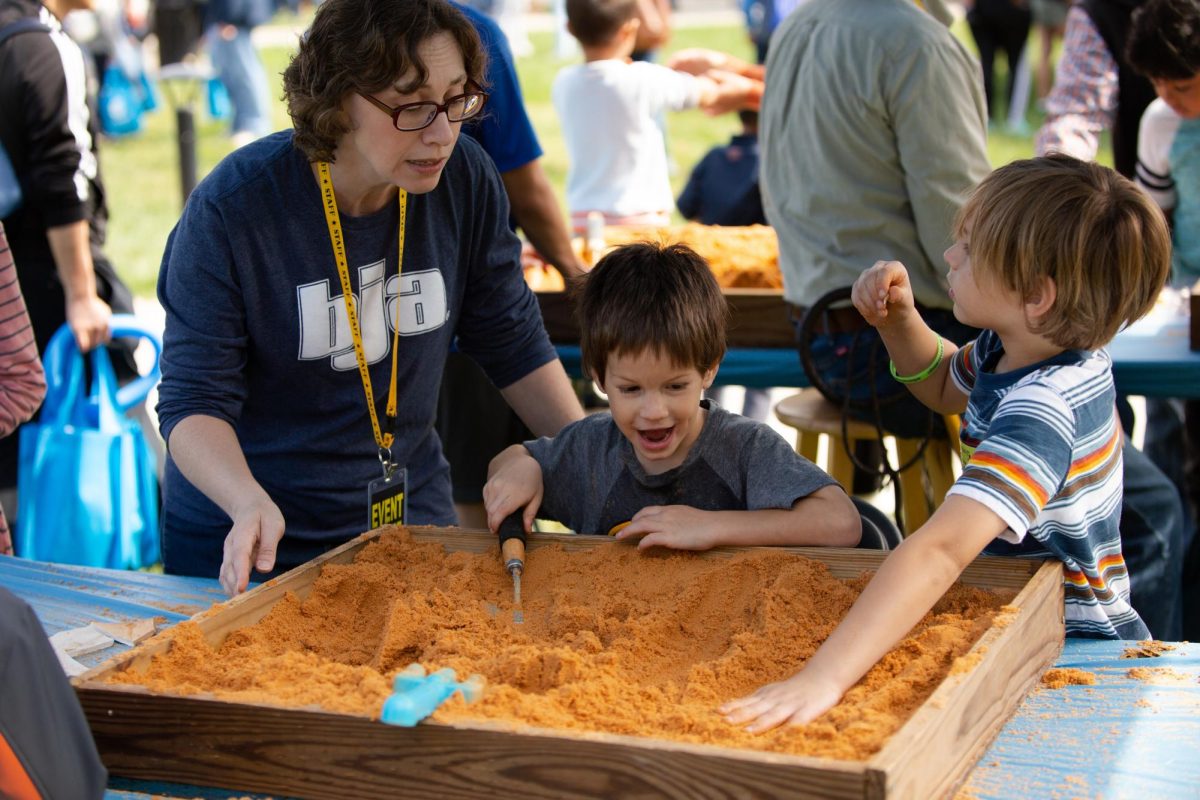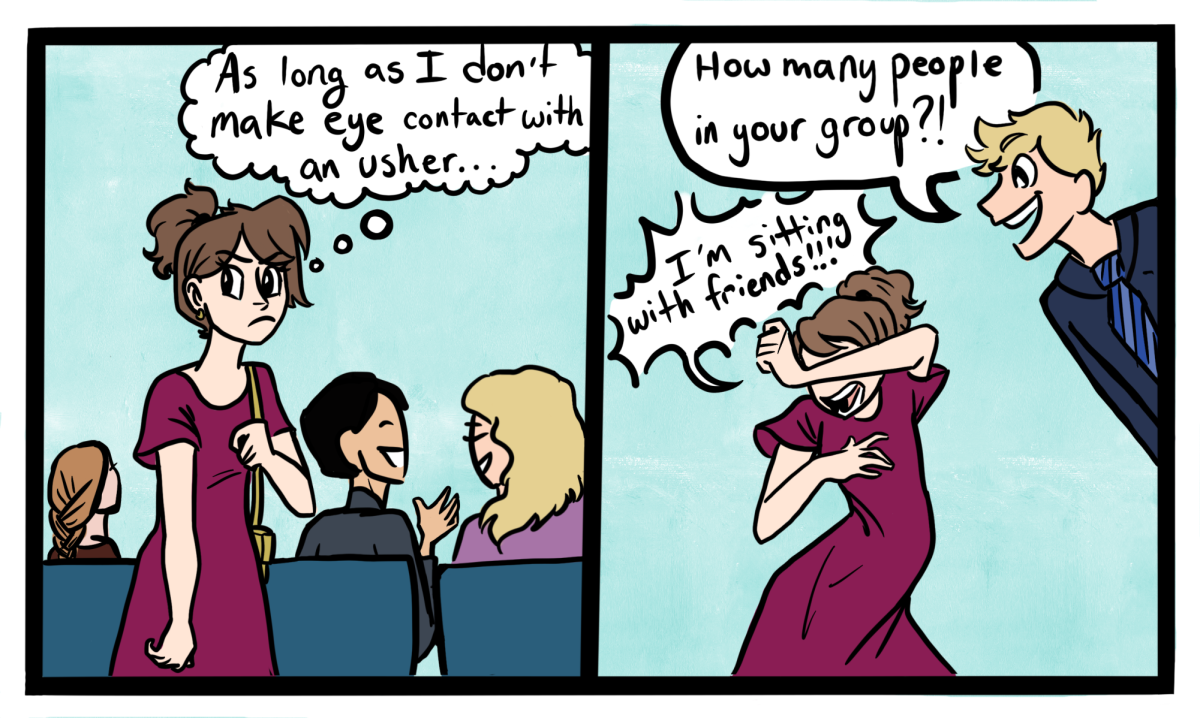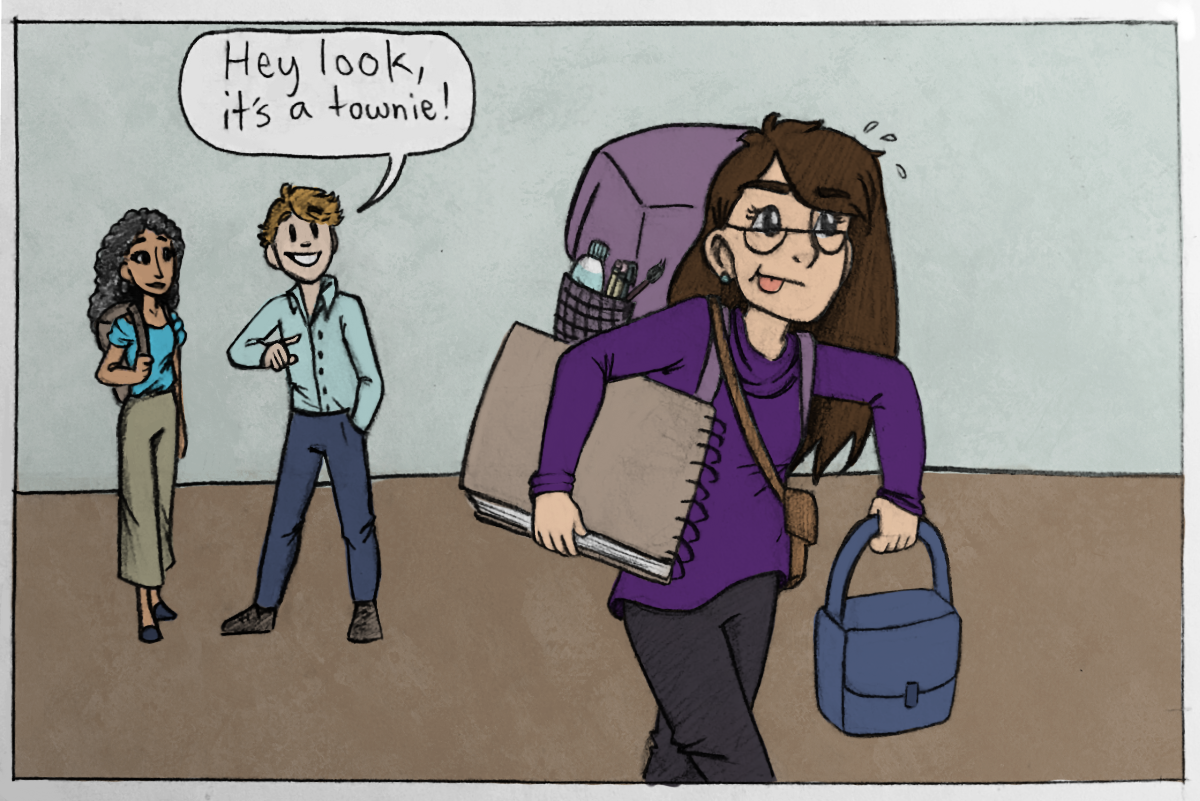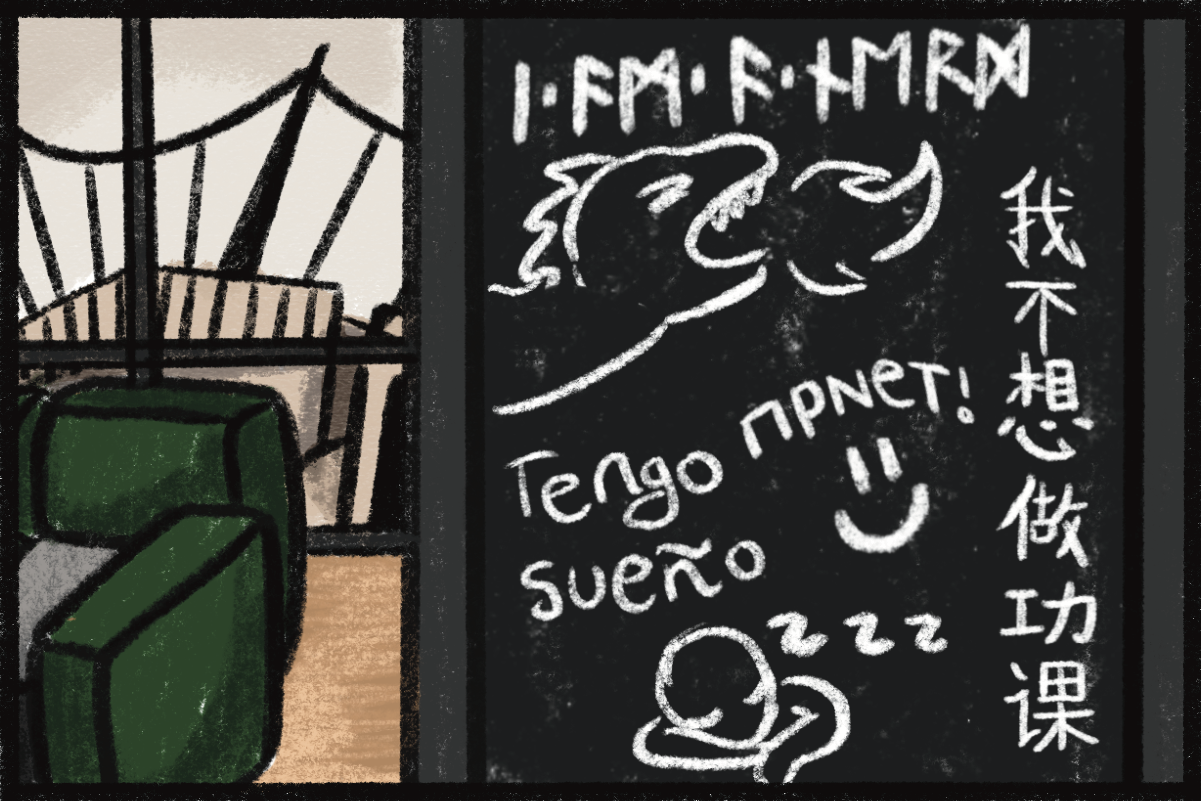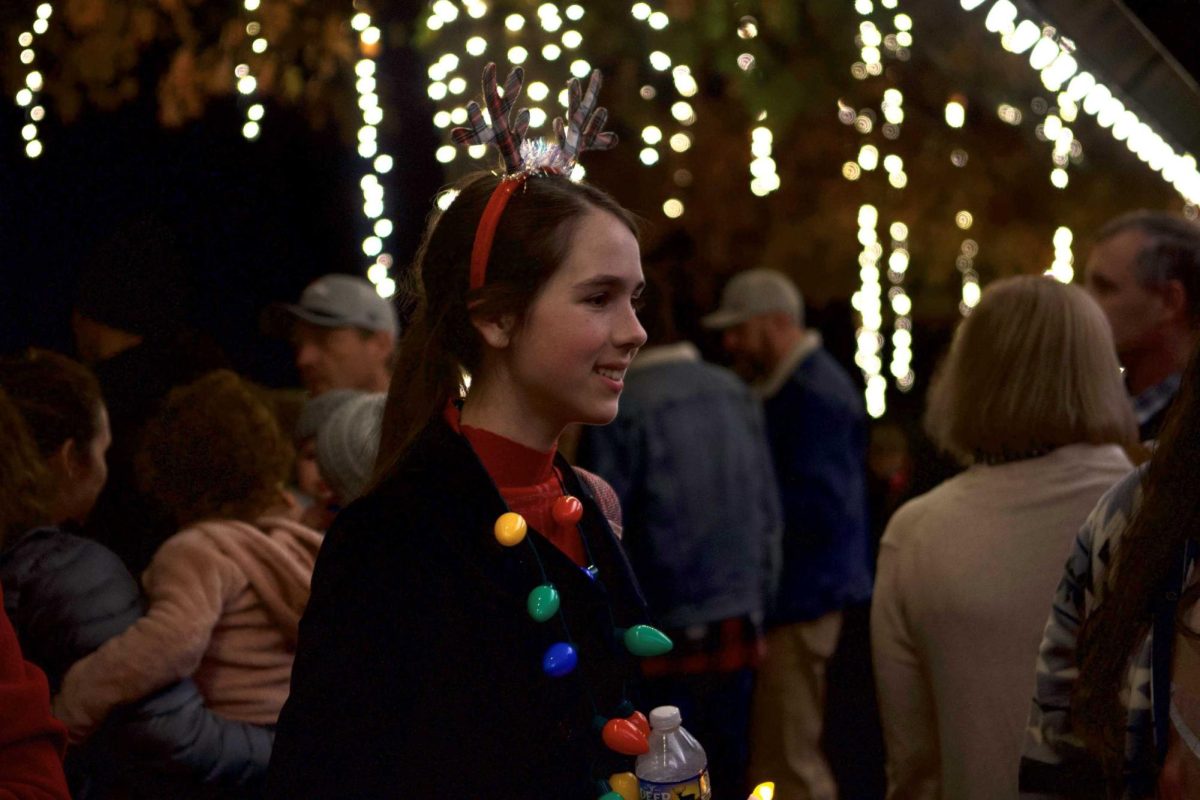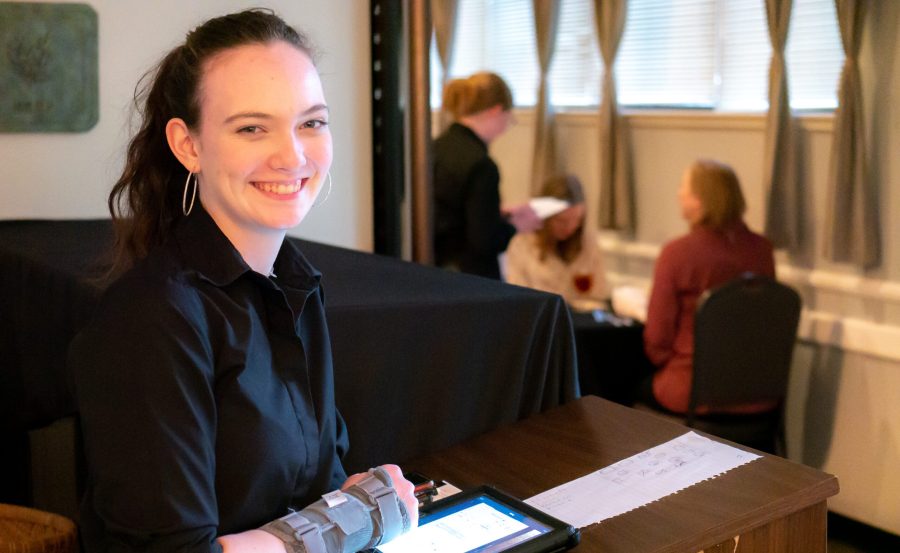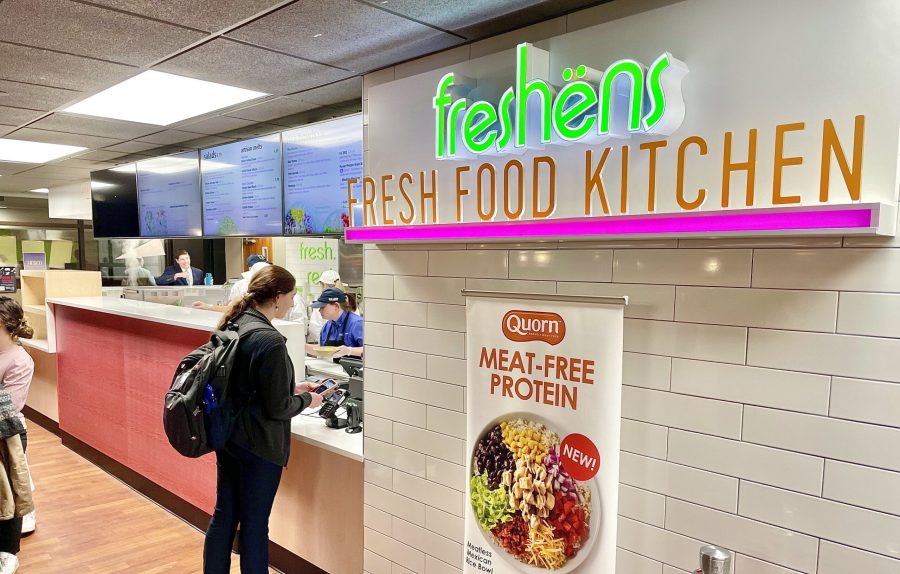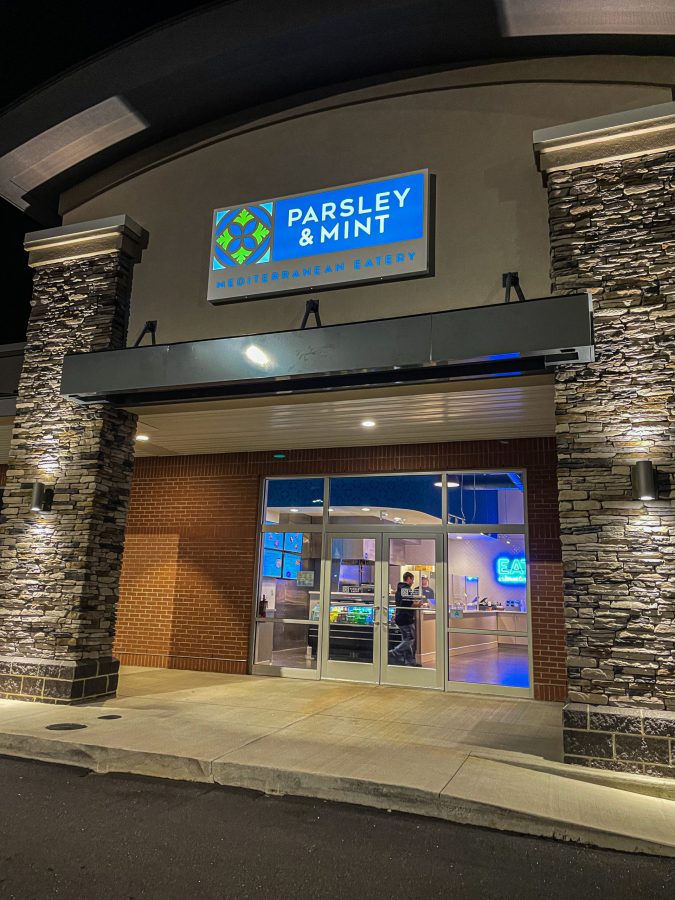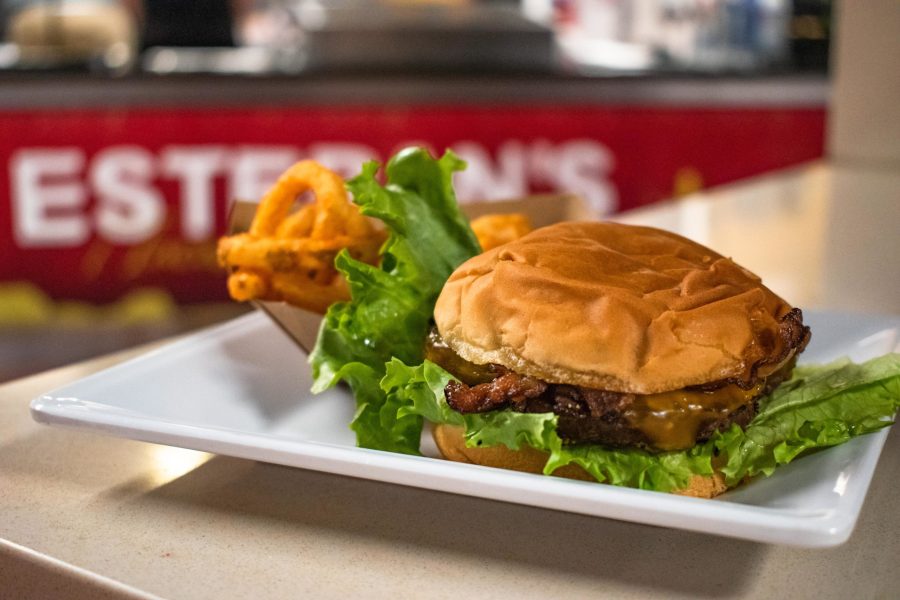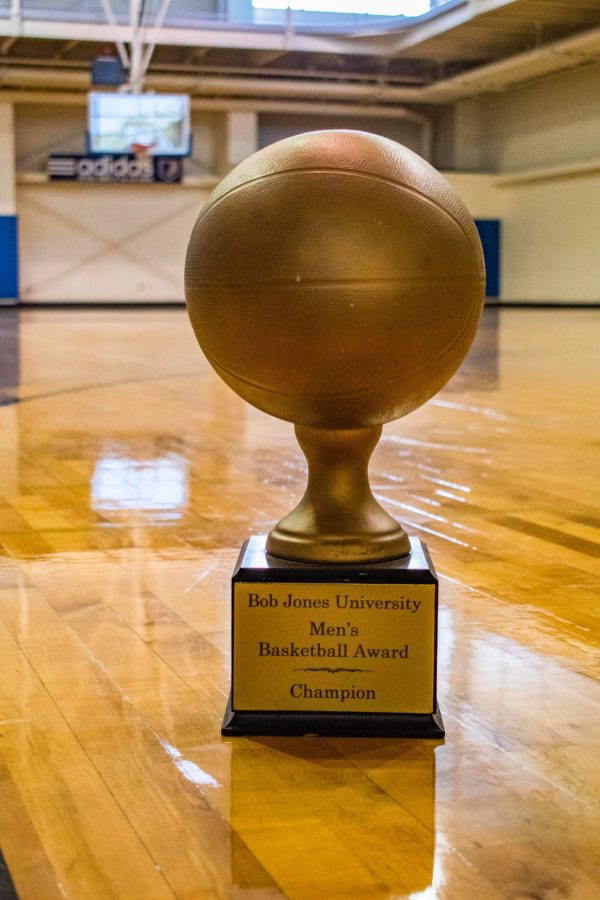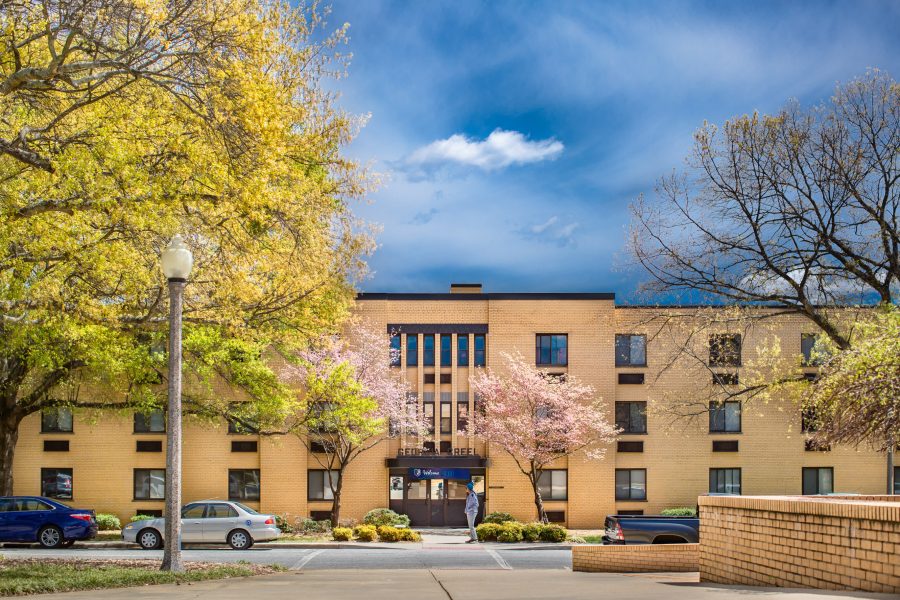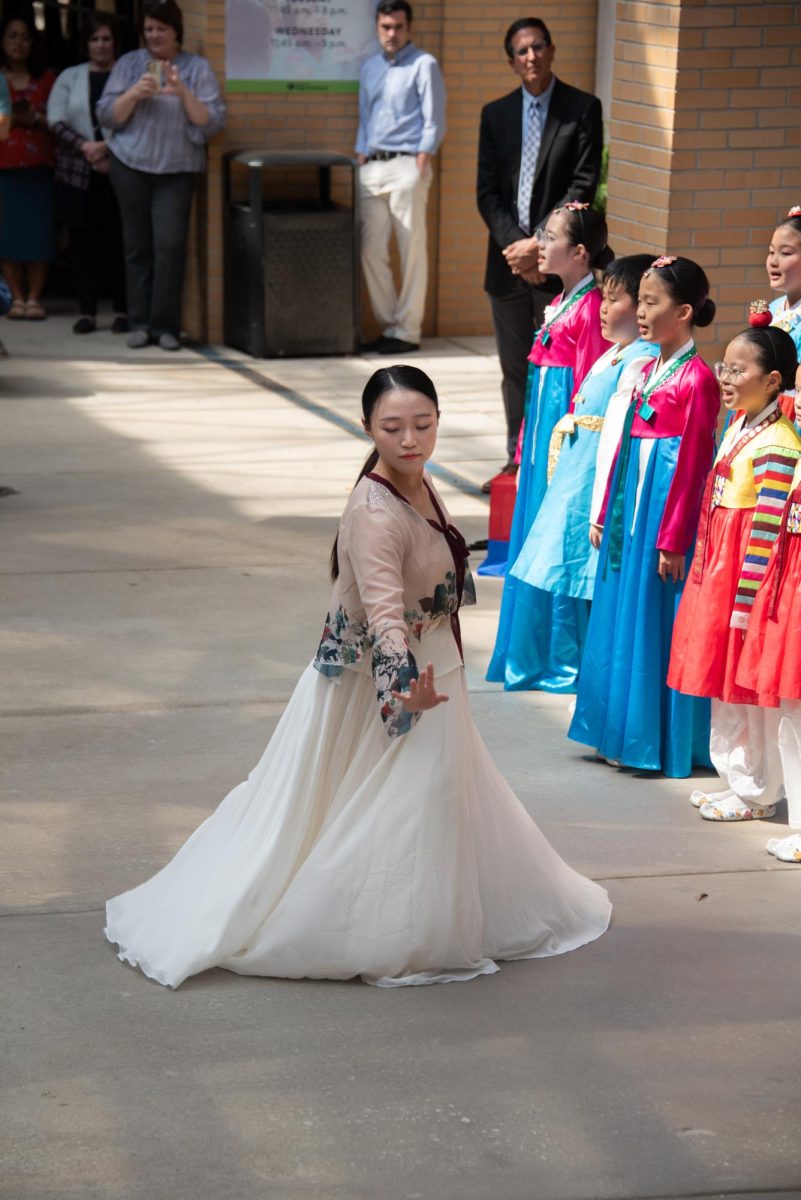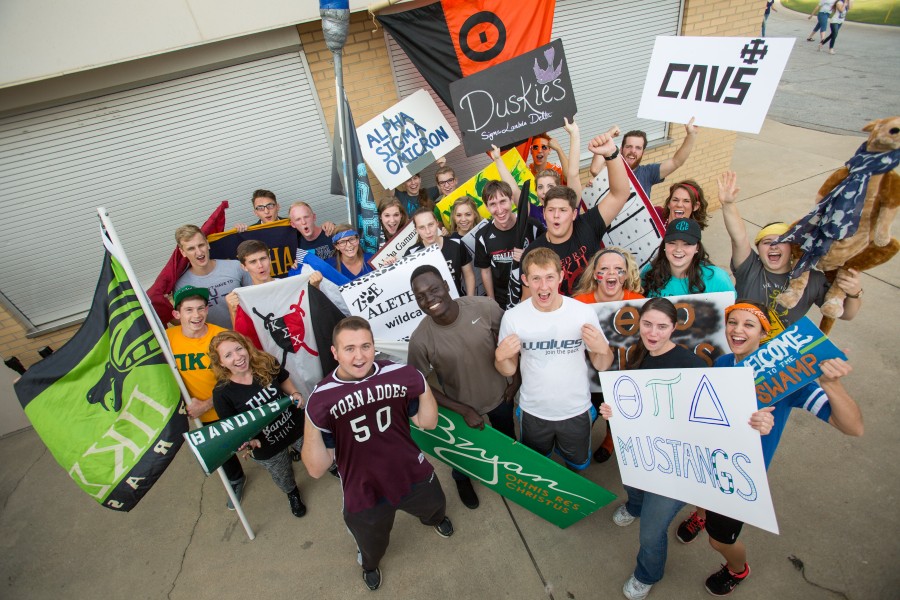The University has begun to test locks for residence hall room doors after President Pettit announced the addition of the new security feature last month.
Shawn Albert, director, Career Services, is leading a task force to determine the best lock for BJU residence halls. Members of the task force include Jon Daulton, dean of men; Deneen Lawson, dean of women; Joe Mulnix, Public Safety chief; Marshall Franklin, executive vice president for operations; and Mike Beckett, the campus locksmith. Their criteria are to find locks that can be left unlocked if desired, are convenient for the student body and are dependable.
Albert said the team is currently leaning towards electronic locks that are unlocked with ID cards. Four locks were installed in Creel and Johnson as a test that will be conducted for the remainder of the academic year.
The residents of the four rooms will give feedback to the team. Albert said the team may test other locks, but the final decision must be made before the end of May to allow time to order and install the 800 required locks.
Installing locks has been a topic of discussion for a long time within the BJU administration and the University has considered possible options in the past.
The mass shooting at Stoneman Douglas High School and a change.org petition renewed students’ interest in installing locks on the resident halls’ rooms.
Albert said there are three different lock options for residence halls: keypad locks, traditional key locks and electronic ID card-accessed locks.
The team’s initial line of thinking led them to keypad locks, because of the lack of a key or ID card.
After consultation from security firms and lock firms, however, the team realized that keypad locks are very insecure. Residents can give out codes to their friends who could give codes to others.
Once the code disseminates, the resident may not realize that his or her room is at risk, like he or she would if an ID card or key went missing.
Albert detailed several negatives to traditional key locks, including having to replace locks after losing a key and having to find someone with a master key when students accidentally gets locked out of their room.
Electronic ID card locks allow a residence hall to lock down in the event of an emergency and all rooms can be unlocked in case of a fire.
Also, this type of lock usually allows current ID cards to be used as keys, but they are the most expensive type of lock.
The administration will take the task force’s final recommendation into consideration when making a final decision. During installation, BJU may hire some local locksmiths to assist.
Albert said the task force needs wisdom from the Lord to know which lock to pick to best serve the student body.
“Any type of lock will cause a certain amount of inconvenience for our students who are used to doors with no locks,” Albert said. “But that inconvenience is well worth the security the locks will provide.”

